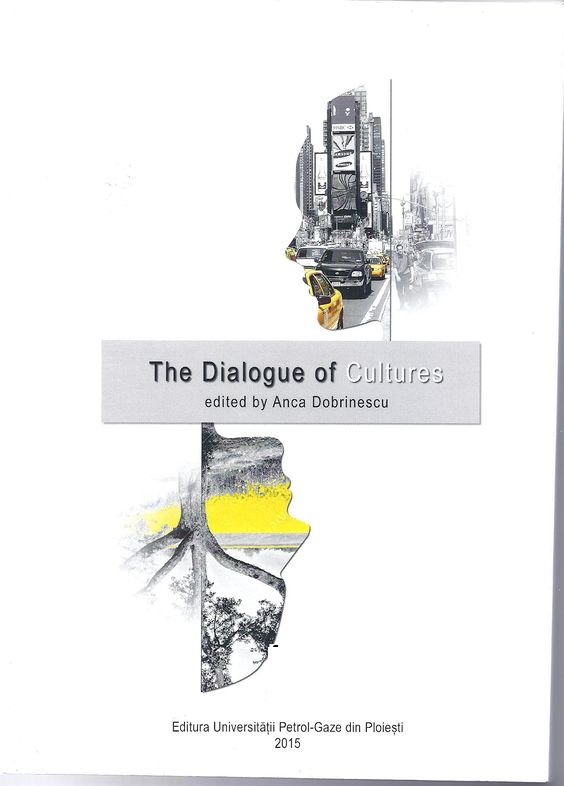Caragialism and Post-Caragialism as Dialogue
Caragialism and Post-Caragialism as Dialogue
Author(s): Loredana Ilie
Subject(s): Comparative Study of Literature
Published by: Universitatea Petrol-Gaze din Ploieşti
Keywords: communicational genuineness; intertextual dialogue; parodic dialogue;
Summary/Abstract: Recent studies focus on literature as dialogue, emphasizing the “communicational genuineness” (Roger D. Sell), seen as the essential condition for the survival of works of art. A wide range of great writers, from Shakespeare to Harold Pinter, was analyzed from the perspective of the permanently fluctuating dialogue engaged with their readers over the years. The same framework can be applied to I.L. Caragiale, Romania’s greatest playwright, whose work has fascinated generations of readers partly due to its ability to stimulate a valid dialogue between its dramatic and prose texts, mostly ironical, and “Mr. X, the Reader” (in Caragiale’s own terms). This paper does not, however, restrict itself to pointing out this type of dialogic interaction. It also aims at analyzing the way in which Caragiale’s work is continuously engaged in an intertextual dialogue with other writers, generating a kind of “second degree literature” (G. Genette), manifested as recognisable Post-Caragialian tradition. In this case, the reader is invited to decode the more or less hidden marks of Caragiale’s voice communicating with writers who deliberately host his texts within their own. In other words and paraphrasing G. Genette’s famous distinctions, this specific dialogue of texts takes the form of Caragiale’s “hypotext” enriching a constellation of “hypertexts” through innumerable insertions of quotations, allusions, or just infinitesimal “intertextual traces ” (Riffaterre) perceivable in palimpsest. Al. O. Teodoreanu’s sketches, Camil Petrescu’s play Mitică Popescu, Mircea Horia Simionescu’s short-story The Fast Train of Compliments, Ioan Lăcustă’s series of sketches Waiting at Mr. Caragiale’s Door, Cristian Popescu’ poem They Had to Have a Name are examples of texts which are based on the implied parodic dialogue with Caragiale’s work, making it, through this genuine “labyrinth of lens” (Richard Kearney), the modern reader’s centre of attention.
Book: The Dialogue of Cultures
- Page Range: 91-97
- Page Count: 7
- Publication Year: 2015
- Language: English
- Content File-PDF

